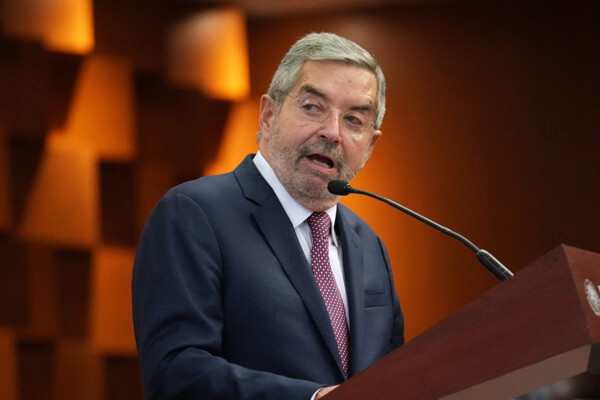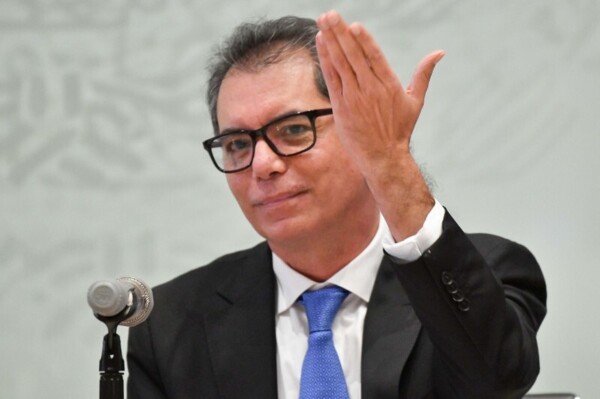
Following the decision of the President of the United States, Donald Trump, to classify Mexican drug cartels as terrorists, questions have arisen about the possible repercussions of this measure. This designation came into effect on February 20, adding to other promised campaign measures such as mass deportations and increased tariffs on several countries, including Mexico and Canada.
Some of the cartels that now appear on the list of terrorist organizations alongside Hamas are the Sinaloa Cartel, the Jalisco New Generation Cartel (CJNG), the Gulf Cartel, and the New Michoacán Family. According to U.S. laws, to be on this list, organizations must be foreign, engage in terrorist acts or intend to do so, and represent a threat to the security of American citizens.
This designation entails specific prosecution mechanisms and sanctions, such as the prohibition of access to the U.S. financial system and conducting business with citizens or companies from that country. According to information from the BBC, the main effects of being on the list of foreign terrorist groups would be financial, as it makes it easier for the U.S. government to block capital flows and combat money laundering.
In response to these measures, Mexico's president, Claudia Sheinbaum, expressed her concern and announced that she would expand the lawsuit against arms manufacturers in the United States. "Mexico has an international lawsuit against weapons manufacturers... if they were to declare organized crime groups as terrorists, we would have to broaden the lawsuit in the U.S."
It is worth noting that the Mexican government, previously led by Andrés Manuel López Obrador, had already filed a lawsuit in the United States against arms manufacturers, seeking compensation of 10 million dollars for the violence in Mexico.













